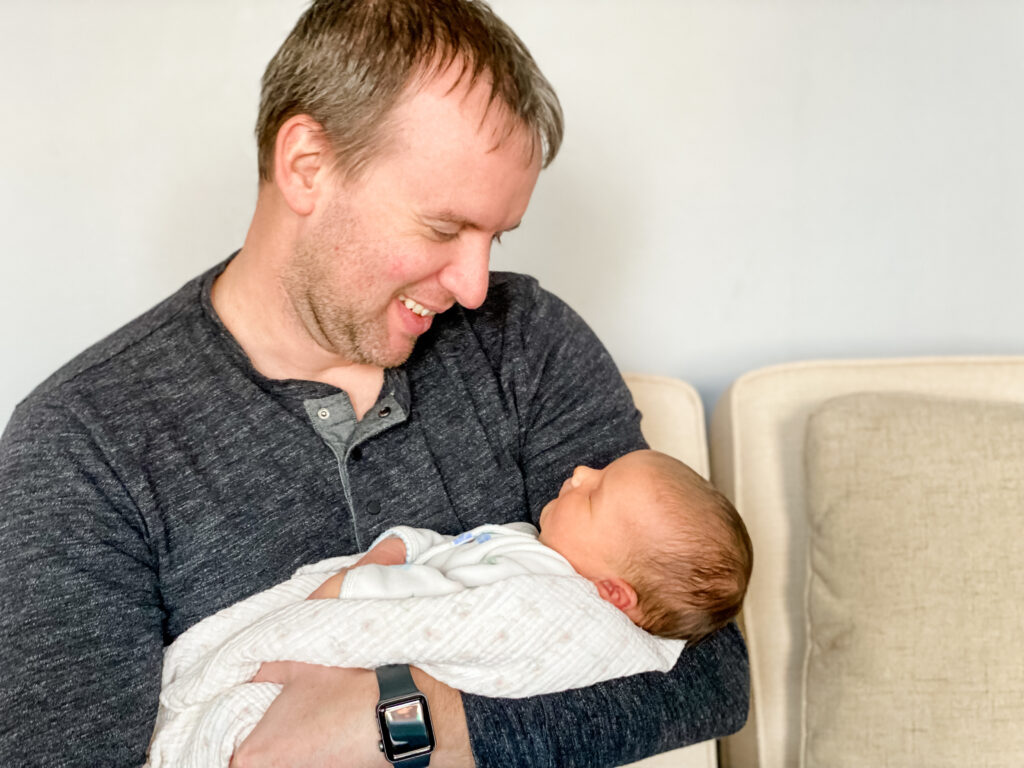
- +61 1300 704 750
- admin@parentinggenie.com.au
- PO Box 706, Townsville, QLD 4810

Postpartum Care Tips!
The birth of a child is a special moment. After giving birth, your body and mind need time to recover. Postpartum can be happy and challenging. These easy self-care tips will help you after delivering your baby. Postpartum Care Tips!
Rest helps your body heal from pregnancy and childbirth. With a 24/7-care newborn, the initial weeks following birth can be exhausting. Try to nap when your baby does, even for short periods.
Any rest helps. Ask family and friends for support. They can cook, clean, or monitor the baby while you relax.
Remember that rehabilitation takes time. Everyone heals differently after several changes to their body. Let yourself rest guilt-free. Physical recovery and adjusting to parenthood can be emotionally exhausting.
If you have trouble sleeping, consider a relaxing nighttime routine. For example, you could take a warm shower, listen to soothing music, or practice deep breathing.
Breastfeeding requires proper nutrition for milk production. Healthy, balanced meals will provide you with energy for baby care and recovery. Eat lots of fruits, veggies, lean meats, and whole grains. If breastfeeding, drink lots of water to stay hydrated and produce enough milk.
Plan and cook healthy, easy meals ahead of time. You could even freeze meals before your baby arrives. So when you’re too tired to cook, you’ll have healthful options.
If family or friends offer to help, say you want healthy food. You can also stay energised with healthy snacks like nuts, yogurt, or sliced fruits.
Avoid processed foods and sweets, which might slow you down. Instead, choose leafy greens, eggs, and fatty fish with healing vitamins and minerals. Salmon contains omega-3 fatty acids, which reduce inflammation. Iron-rich foods like lean meats and beans boost energy and help replace blood.
After giving birth, you may be exhausted. Listen to your body, and don’t overdo it. Usual symptoms include discomfort, muscle pains, and pain.
Have breaks by asking family members to help you rest.
Postpartum recovery may involve bleeding (lochia), perineal pain, or C-section incision pain. Several weeks of bleeding can reduce volume and change hue from bright red to pink or brown. To avoid infection, stock up on sanitary pads and avoid tampons.
Stay clean and dry after stitches to avoid infection. Warm sitz baths relieve perineal pain and encourage recovery. For the first few weeks, avoid heavy lifting and intense activity. Allow your body to recuperate before returning to your routine.
Contact your doctor immediately if you have significant bleeding, a fever, severe pain or are unsure about something.

Emotions can soar postpartum. It’s common to feel mixed after delivering a baby. Sleep deprivation, hormonal fluctuations, and baby care can affect your mood. It’s normal to feel happy, anxious, depressed, and frustrated.
Some women get “baby blues,” which can cause melancholy, irritation, or overwhelm. These feelings can persist for weeks after giving birth. Talking to someone you trust about your feelings is crucial. Sharing feelings with a spouse, friend, or family member can help.
Postpartum depression (Postnatal Depression) may occur if these symptoms persist or intensify after two weeks. This mental issue affects many new mothers and requires medical attention.
If you feel hopeless, can’t bond with your baby, or think about hurting yourself or your child, see a doctor immediately. Remember, asking for help is okay. Your mental health is as vital as your bodily.
There are various resources for new mothers. Consider attending a local or online new parent support group. Talking to others with similar experiences can help you feel less alone and understood. In some cases, professional therapy can be pretty helpful.
Being active can help you recuperate, but take it slow and listen to your body. In the weeks following birth, modest activity, such as walking, helps improve circulation and mood. Walking is a low-impact way to keep active. Take short walks and increase the distance when you get used to it.
Make sure any fitness routine is safe with your doctor beforehand. Every woman’s body is different, so her readiness for a workout varies. Some women can start light exercises after a few weeks, while others need longer. Take your time before starting intense activity.
Pelvic floor exercises should be added after your nurse or doctor’s approval. Urinary incontinence can result from pelvic floor muscle weakness during pregnancy and childbirth. Kegel or pelvic floor exercises strengthen these muscles and enhance bladder control. These activities aid postpartum healing and may be done anywhere.
Neglecting your needs after having a kid is tempting, but self-care is essential. Taking care of yourself helps you care for your baby. Take a few minutes each day to do something you enjoy, such as taking a warm bath, listening to music, reading a book, or sipping tea.
Parenting a newborn is a full-time job that many parents find overwhelming. Remember that you require care, too. Take time for yourself—even tiny amounts might improve your mood. Ask your partner, family, or friends to help for a break.
If self-care is challenging to fit into your schedule, schedule it like a doctor’s appointment—schedule time to focus on yourself throughout the day. Self-care, whether for a few minutes in the morning or before bed, will help you feel more balanced and better able to tackle parenting issues.
There is no need to do everything alone. Parenting is more manageable and supportive when a community raises kids. Ask for help with domestic tasks, infant care, or just for someone to talk to. Being strong and wise enough to ask for aid is a sign of strength.
Contact healthcare providers with questions about your recovery or baby. Parenting Genie features an extensive library of resources for new parents. Our 24/7 Genie Chat can address your questions. Any nursing, sleep, or postpartum recovery concern can be answered anytime.
Parenting Genie offers 24/7 online parenting live professional guidance for everything from conception to raising a 5-year-old.
Connecting with other parents going through similar circumstances is also helpful. You can join a parenting group face-to-face in your local area or online.
Shared experiences might offer emotional support and practical counsel. Many parents have similar issues, and having a support system can help you handle new parenthood.
Remember to take it one day at a time. Postpartum healing/recovery is gradual and includes good and bad days. Be gentle to yourself, celebrate minor wins, and remember that your health is as essential as your baby’s. With help and self-care, you can confidently navigate this wonderful but challenging period.
Visit Parenting Genie for postpartum care and parenting resources. Genie Chat answers queries 24/7, and the Online Parenting Live Expert provides tailored support when needed.
The Raising Children website has some additional tips and insights for postpartum care.